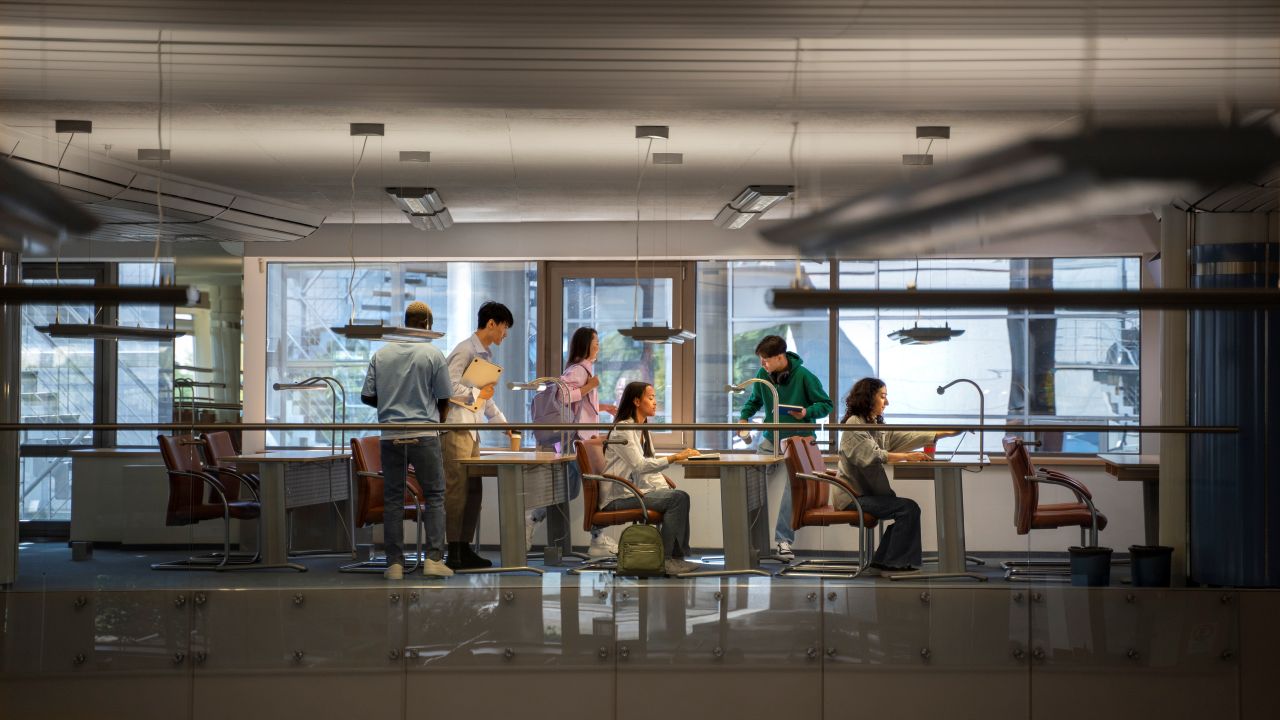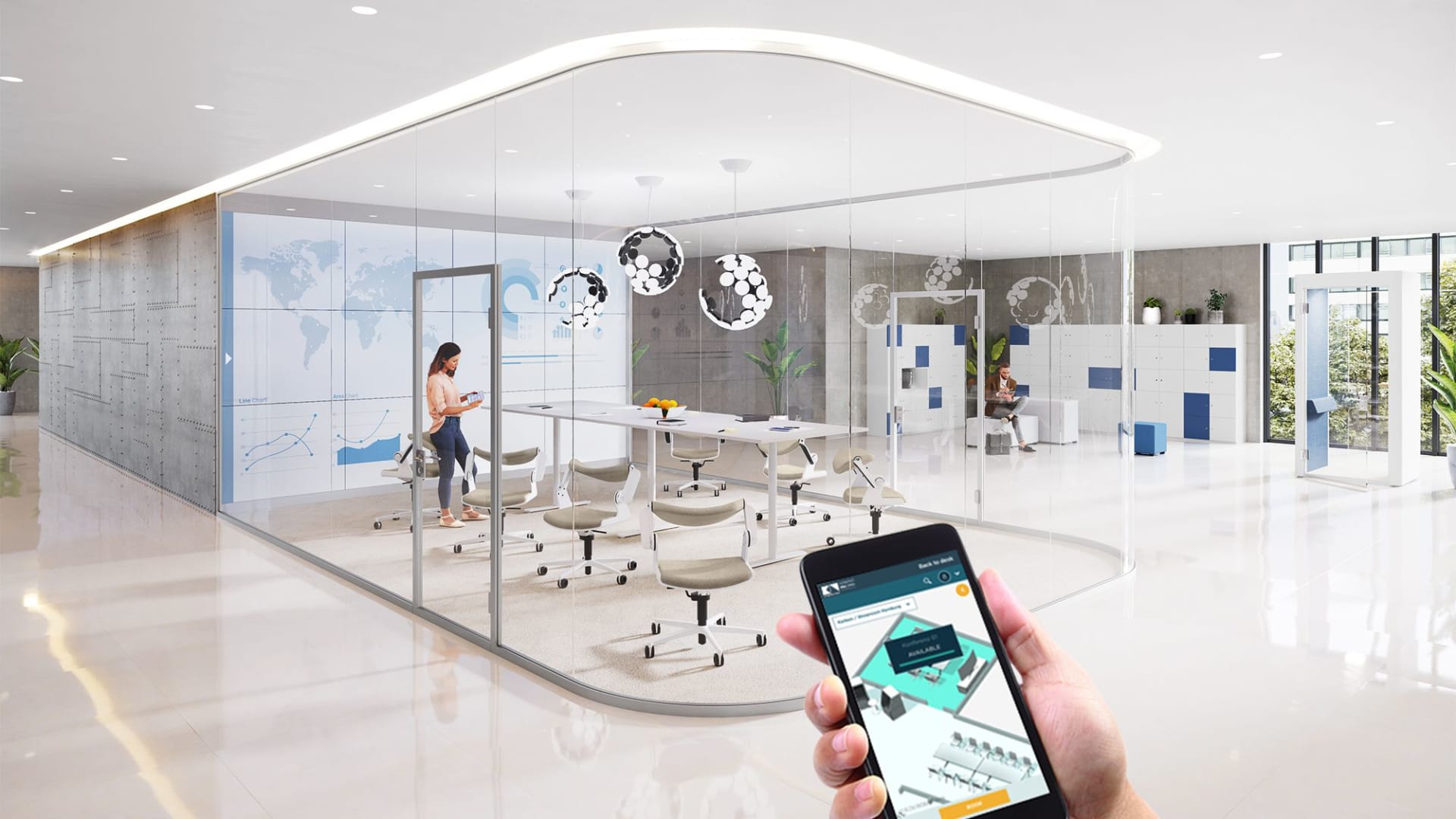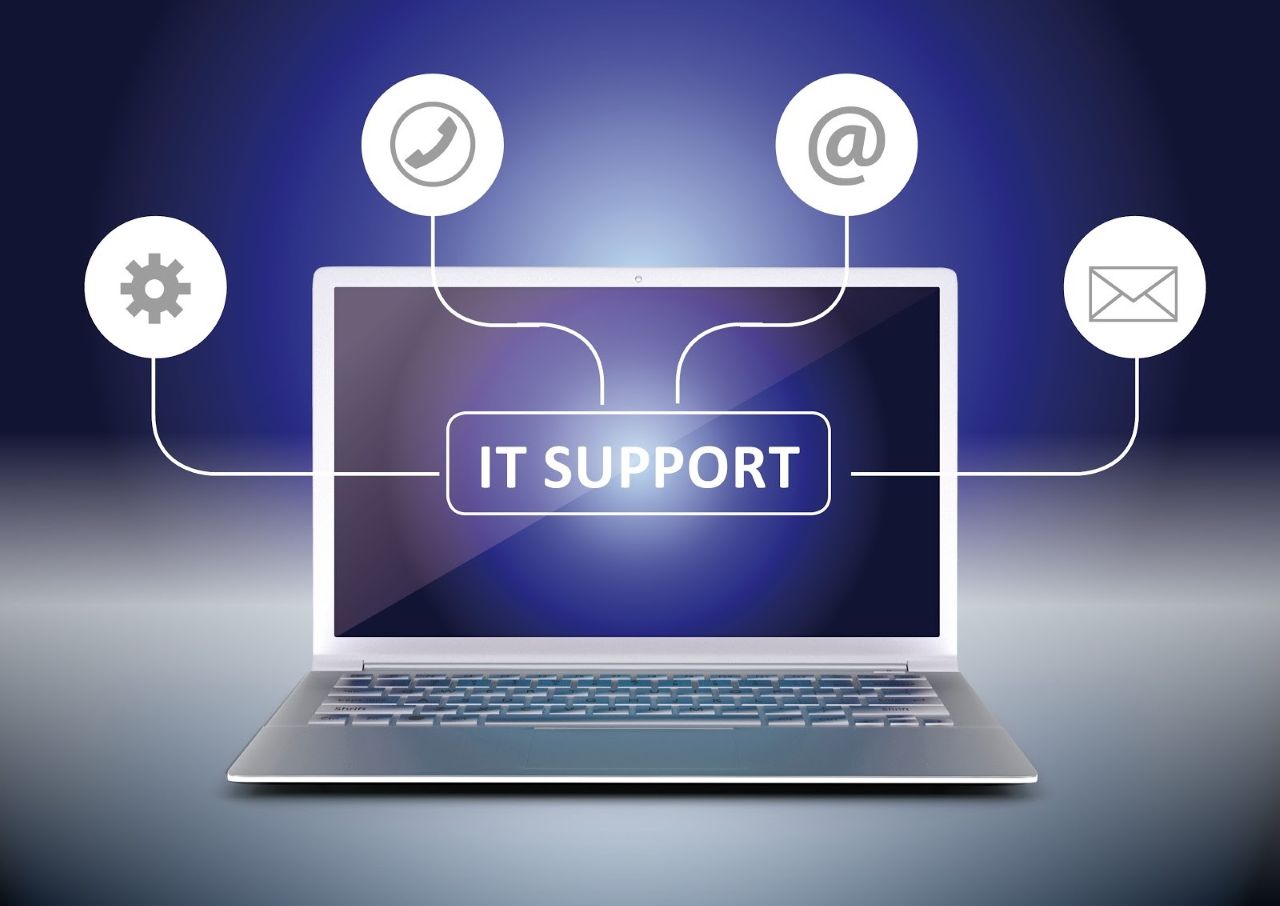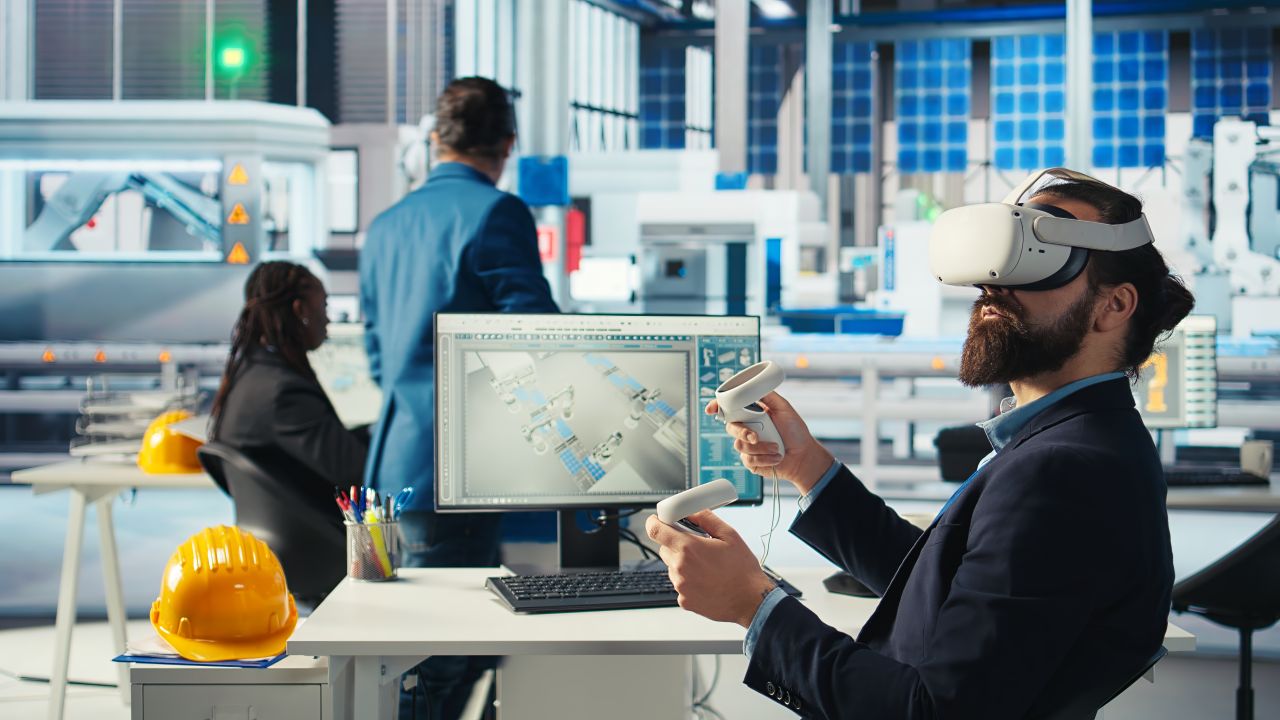Introduction
In a world where flexibility, speed, and collaboration define success, coworking spaces and remote work environments have become the new norm. The rise of hybrid workplaces and distributed teams has created a pressing demand for smart, secure, and scalable infrastructure. At the heart of this transformation lies Information Technology (IT)—the silent engine that powers connectivity, enables productivity, and fosters innovation.
From high-speed internet and cloud platforms to cybersecurity and smart office automation, IT technology is not just supporting these spaces—it’s redefining how and where work gets done. In this blog, we explore the keyways IT is shaping the future of coworking and remote work infrastructure, unlocking efficiency, flexibility, and growth.
1. Reliable & Scalable Connectivity: The Backbone of Productivity
Whether you’re a freelancer working from a coworking hub or a remote employee joining daily stand-ups from home, stable and fast internet is non-negotiable. IT infrastructure ensures:
High-speed broadband with redundancy options
Mesh Wi-Fi for seamless coverage across large coworking floors
SD-WAN and managed networks for multi-location coworking brands
Mobile-first network management, enabling IT teams to monitor and troubleshoot in real time
These systems help eliminate downtime, ensuring uninterrupted communication and access to cloud resources.

2. Cloud-Powered Collaboration: Work from Anywhere, Anytime
One of the biggest game-changers in the remote work revolution is cloud technology. Tools like:
Microsoft 365 & Google Workspace for document collaboration
Slack, Teams, and Zoom for real-time communication
Asana, Trello, and Jira for task and project tracking
enable teams to remain connected regardless of location. Coworking spaces now often include cloud-based member management platforms, booking systems, and community portals.
3. Smart Office Integration: A Tech-Driven Workspace Experience
Coworking spaces are evolving into smart work environments, integrating IoT and automation for:
Touchless check-ins and visitor management
Mobile-controlled meeting room bookings
Energy-efficient HVAC and lighting systems
Real-time occupancy tracking and space analytics
These smart solutions are powered by a centralized IT system that delivers better control, resource optimization, and enhanced member experiences.

4. Cybersecurity and Data Protection: Building Digital Trust
With distributed work comes the challenge of securing company data across networks, devices, and cloud systems. Modern IT security protocols ensure:
End-to-end encryption for communications and file sharing
Secure VPNs and multi-factor authentication (MFA)
Firewall and endpoint protection for coworking spaces
Regular cybersecurity audits and compliance checks (GDPR, ISO, etc.)
Security is no longer optional—it’s fundamental to business continuity in flexible work environments.
5. Centralized IT Management and Support
One major benefit of IT integration in coworking environments is centralized control over multiple locations and users:
Remote desktop support and device management
Central access management and user provisioning
Cloud-based IT administration dashboards
IT automation to handle routine tasks like software updates or access control
This results in faster issue resolution, better uptime, and a more streamlined user experience.

6. Data Analytics and Space Optimization
With smart sensors and analytics platforms, coworking spaces can:
Track foot traffic, hot desk usage, and peak hours
Analyse meeting room demand and adjust resources accordingly
Understand user behaviour and preferences to improve services
Implement predictive maintenance for IT infrastructure
This data-driven approach ensures not just operational efficiency but also better business decisions.
7. AR, VR, and the Future of Virtual Workspaces
The emergence of Augmented and Virtual Reality is setting the stage for immersive collaboration. From virtual coworking spaces to VR whiteboarding sessions, these tools are making it possible to simulate in-person experiences, regardless of distance. IT infrastructure plays a vital role in supporting these resource-intensive platforms.

8. IT as a Service (ITaaS): Subscription-Based Tech Enablement
Coworking spaces and startups can now access enterprise-grade tech through IT-as-a-Service models. This includes:
Monthly subscriptions for cybersecurity
Cloud storage solutions
Managed IT support teams
Infrastructure leasing (hardware, routers, servers)
This pay-as-you-go model reduces upfront costs and provides agility to scale up or down quickly.
Conclusion: IT is the Catalyst for the Future of Work
As work continues to evolve beyond traditional office walls, IT technology is no longer a supporting function—it’s a strategic driver of the future workplace. Whether it's a freelancer in a coworking hub or a remote team spread across continents, modern IT solutions ensure seamless collaboration, top-tier security, and intelligent workspace management.
Coworking providers and businesses embracing robust IT infrastructure are not just keeping up—they’re staying ahead. At MeteoriQs, we specialize in building the tech foundation for tomorrow’s workspaces—smart, scalable, and secure.
